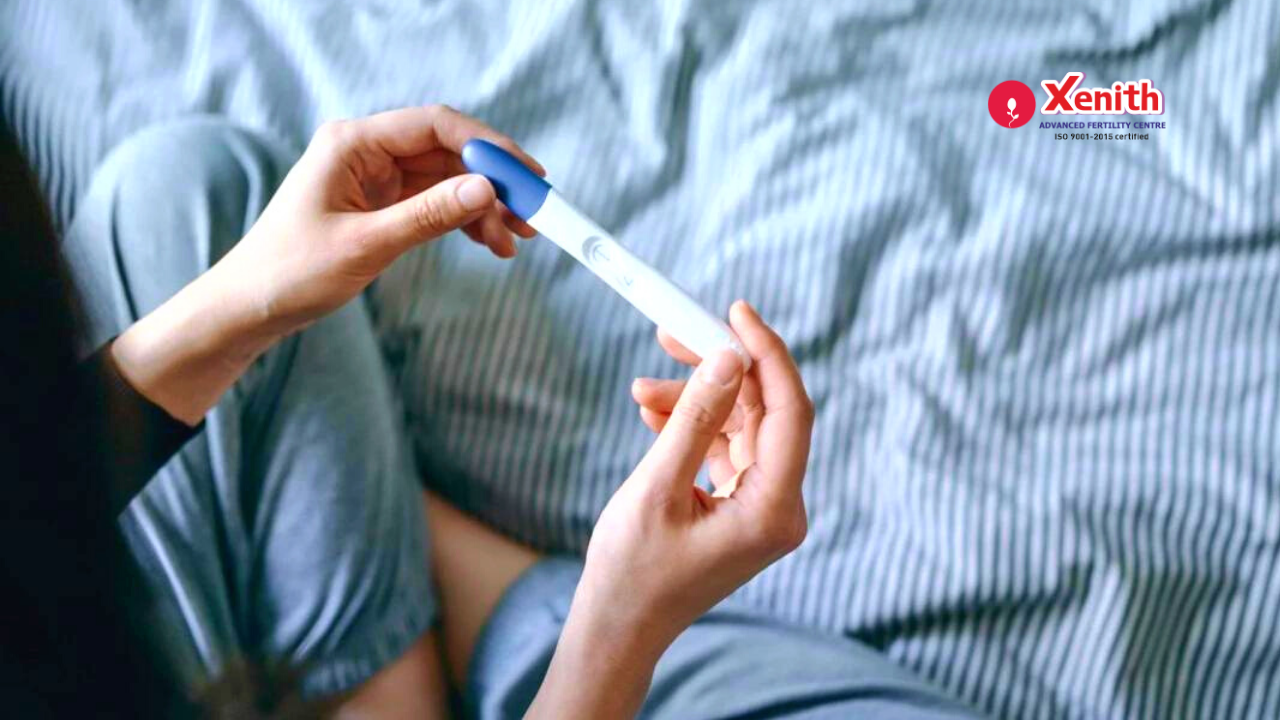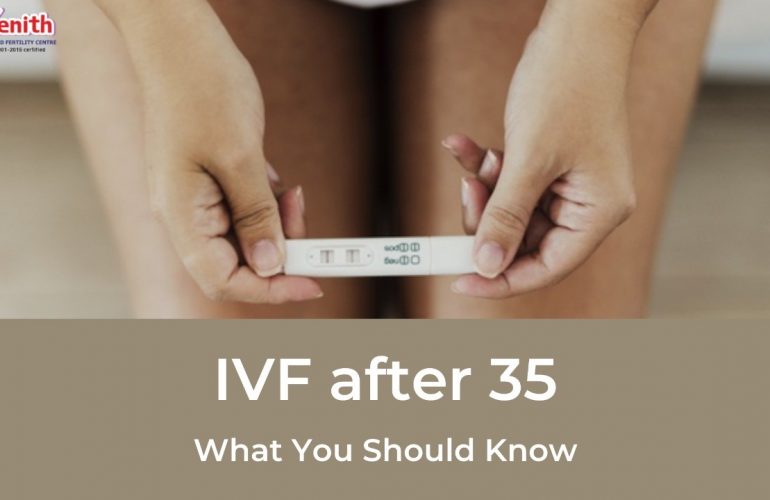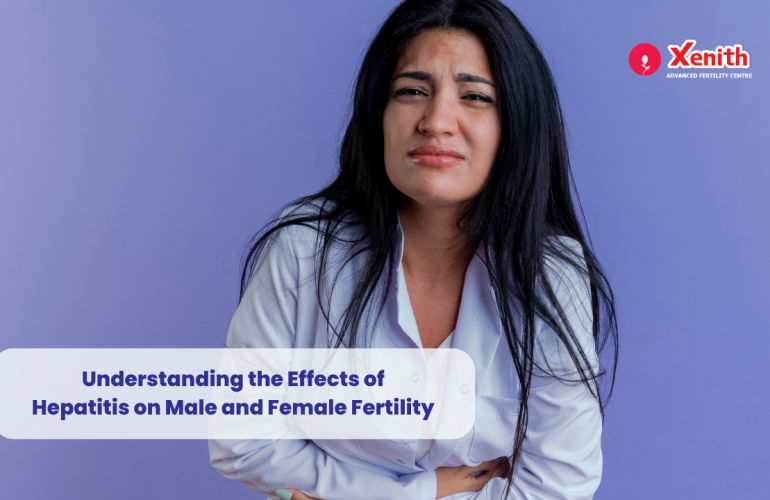Infertility affects millions of people of reproductive age worldwide and impacts their families and communities. Estimates suggest that between 48 million couples and 186 million individuals live with infertility globally.
For some couples, infertility issues may arise after having their first child. This is known as secondary infertility – a failure to conceive following a previous pregnancy. Clinically, infertility is a reproductive system disease defined by failing to achieve a clinical pregnancy after 12 months of regular unprotected sexual intercourse. But in the case of secondary infertility, we recommend that couples visit an infertility specialist after 6 months of unprotected sex because of the age factor. Women between the ages of 35 and 40 have the highest rate of unexplained infertility because of problems in the quality and quantity of eggs in the ovarian reserve.
Unexplained secondary infertility can have a lot of causes and this article will help you understand a few of them and the treatment options available.
What is Secondary Infertility?
Secondary infertility is the inability to conceive a child or carry a pregnancy to full term after a previous childbirth. The previous delivery must have occurred without help from fertility medications or treatments, like in vitro fertilization, to classify as secondary infertility.
Secondary infertility is typically diagnosed after trying unsuccessfully to conceive for six months to a year. A related condition is recurrent pregnancy loss, where patients and couples can conceive but cannot carry to term.
Causes of Secondary Infertility
Infertility may be caused by several different factors in either the male or female reproductive systems. However, it is sometimes not possible to explain the causes of infertility.
In the female reproductive system, secondary infertility may be caused by:
- Tubal disorders such as blocked fallopian tubes
- Uterine infections which could be inflammatory
- Disorders of the ovaries
- Disorders of the endocrine system cause imbalances of reproductive hormones
In the male reproductive system, secondary infertility may be caused by:
- Obstruction of the reproductive tract causes dysfunctionalities in the ejection of semen
- Hormonal disorders lead to abnormalities in hormones produced by the pituitary gland, hypothalamus, and testicles.
- Testicular failure to produce sperm
- Abnormal sperm function and quality
Environmental and lifestyle factors such as smoking, excessive alcohol intake, and obesity can affect fertility. In addition, exposure to environmental pollutants and toxins can be directly toxic to gametes (eggs and sperm), resulting in their decreased numbers and poor quality, leading to infertility.
In many cases, however, the exact cause of secondary infertility cannot be determined. According to the Obstetrics and Gynaecology Reviews, “Approximately 15% to 30% of couples will be diagnosed with unexplained infertility after their diagnostic workup.”1 Couples may be asked to take further investigations and tests to assess ovarian reserve, semen analysis, ovulation testing, imaging to assess for tubal and uterine factors before a diagnosis of unexplained infertility is made.
Treatment Options for Unexplained Secondary Infertility
Treatment for unexplained infertility can include expectant observation with timed intercourse and lifestyle changes, clomiphene citrate and intrauterine insemination (IUI), controlled ovarian hyperstimulation with IUI, and in vitro fertilization (IVF).
For Women:
Laparoscopy, a female infertility treatment, is a key-hole surgical procedure to reconstruct reproductive organs and treat conditions like endometriosis, blocked tubes, or ovarian cysts.
The IVF infertility treatment involves carefully using ovarian stimulating hormones, which cause multiple follicles to grow in the ovaries to increase the number of eggs.
IUI, Intrauterine insemination, is a relatively simple treatment that increases the number of sperm cells placed in the uterus.
Egg preservation or freezing is a suitable option for couples who are not ready to start a family immediately but want to conceive later.
For Men
- Antibiotics for Genital Tract Infection
Antibiotics are prescribed to treat genital infections.
This process is used in severe male infertility. Sperm is extracted surgically from the testes or epididymis. ICSI involves the injection of a single, carefully selected sperm directly into a mature egg. Xenith is the only single speciality IVF Centre in Pune, to conduct surgical sperm extraction under a high magnification microscope thus helping the couple achieve a much higher pregnancy rate.
- Microsurgical Sperm Retrieval
This procedure is conducted when men have no sperm in their semen.
- Gonadotropin Therapy
Gonadotropins are injectable fertility medications used in the infertility treatment of men.
Unexplained Secondary Infertility Success Stories
At Xenith, we determine the optimal treatment for unexplained secondary infertility based on individual patient characteristics. Factors such as age, treatment efficacy, side effect profile, as well as cost considerations are discussed with the couple before creating a treatment plan. We have had high success rates for our patients. Here are two of our very own success stories – couples who came to us and were delighted with the treatment they received! If you have had a child and are wondering why conceiving for your second child has been so difficult, visit us at Xenith Clinic.




